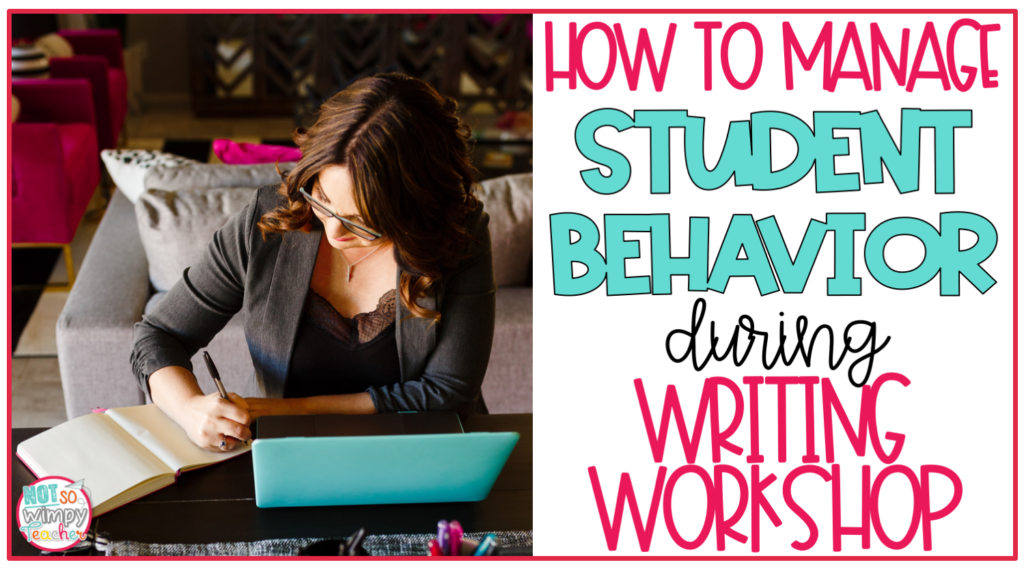
One of the biggest objections teachers have to writing workshop is that it’s too chaotic. It’s noisy. Kids don’t want to write. There are tons of disruptions. And things can quickly get completely out of control. So I thought it might be helpful to share some simple tips to manage student behavior during writing workshop.
The new year is a great time for a do-over. Even subjects that weren’t going so well before the break are ready for a fresh start. So check out these helpful tips and be ready to approach writing workshop with a new mindset.
What to include in writing workshop:
If you’re new to writing workshop, I recommend that writing workshop include the following components:
- Mini lessons
- Independent student writing time
- Student choice
- Conferencing with students
- Share time
The best part is you can do all of this in 30-45 minutes per day. And a few simple tweaks to your routine can take writing workshop from chaotic to calm.
You can read more about how I set up writing workshop here.
Tips to manage student behavior during writing workshop
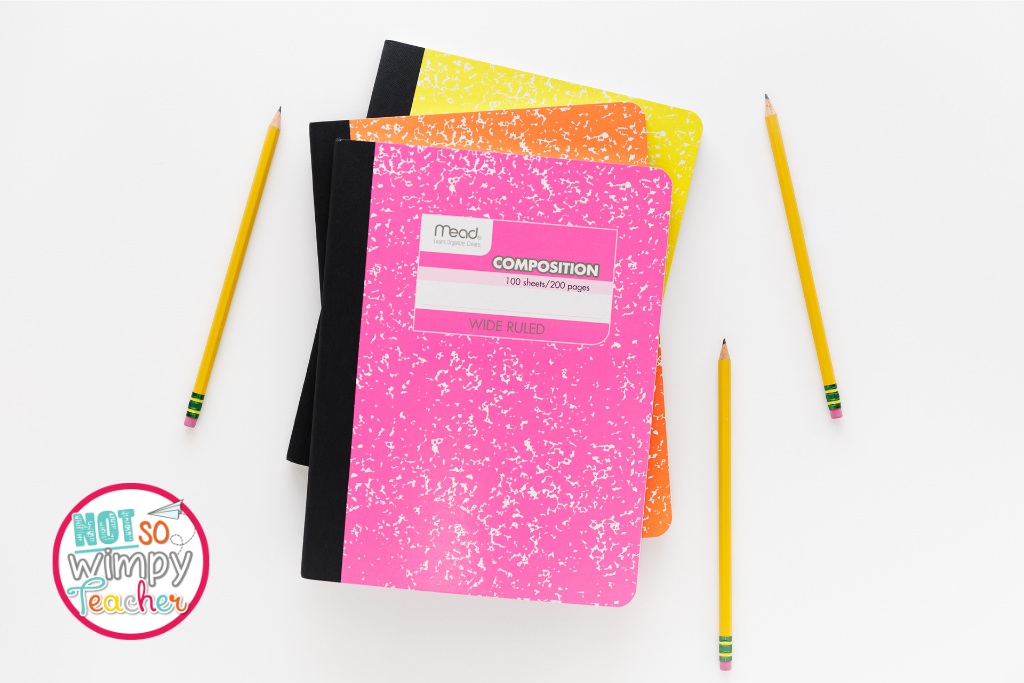
Review expectations and procedures
It’s important that kids understand what’s expected of them during writing workshop. So it’s a good idea to review your expectations and procedures from time to time. And there’s no better time to review than after a long break.
Here are some of the procedures you will want to go over with your students:
- How to quickly and quietly move to and from mini lessons
- How to choose a place to write
- Where to find writing supplies
- How to quickly gather materials
- How to properly use their writing implement
- What independent writing time looks and sounds like
- How to set up their writing paper
- How to make revisions
- What tools they can use for editing
- How to solve their own problems
- What to do when you are conferencing with other students
- What sharing time looks like in your classroom
Don’t worry. Taking a few days to review your writing routine is not wasted time. This process will help make it easier to manage student behavior and increase student productivity.
Get more tips for reviewing procedures here.
Keep those mini lessons short
It’s right in the name–mini lessons. Mini lessons should be mini. But over time, we all have the tendency to let those lessons get longer and longer. Don’t feel bad . . . it happens to all of us.
One of the simplest ways to manage students’ behavior in writing workshop is to keep your mini lessons short. Quick, interactive mini lessons with interesting mentor texts will help keep kids engaged.
You start to lose kids when the lesson drags on or the mentor text is boring or not relevant to the writing lesson. That’s when they start fidgeting, whispering, and misbehaving. You can eliminate many of these problem behaviors simply by keeping your mini lessons short.
Mini lessons should be no more than 10-15 minutes long.
Focus on simple writing tasks
After the mini lesson students will move on to an independent writing task. This is another point at which behavior can get out of hand. If students feel unprepared or lack confidence in their ability to complete the task, they will look for diversions and become disruptive.
Keeping a few simple things in mind will help you to manage student behavior during independent writing time. You want to give your students a simple writing task. It should be directly related to the skill you have just reviewed and practiced together during your mini lesson.
You also want to break each lesson down into its smallest parts. Instead of telling students to write an introduction, have them write one or two leads using strategies they just learned.
These simple tasks only require students to write a few sentences each day. And because they have just received explicit instruction on how to complete the task, this is a manageable task for most kids.
Give students choice

Another simple way to manage student behavior is to give them choice. After teaching expectations and practicing routines, you can allow students to choose their writing implement, their writing space, and their writing topic.
Kids are more invested in the assignment when they are writing about something they know and care about. This leads to more time on task, a better quality product, and fewer behavior problems.
It is important, though, that you help kids learn how to select meaningful writing topics for each genre. You can’t just expect kids to know how to pick a topic.
Keep everyone at the same place in the writing process
One of the keys to a successful writing workshop is to keep all students at the same place in the writing project.
You don’t want one student wrapping up the conclusion while others are still struggling with the lead. When kids are at different places in the writing process, the mini lessons aren’t meaningful to everyone, which leads to disengagement and behavior problems.
Keeping all students at the same place in the writing process makes it much easier to manage student behavior in writing workshop. Not to mention, this strategy also makes it easier to prep lessons, conference with groups, and manage assignments. It’s a win-win!
Make sure students know what to do when they are done
It’s important that students know what they can do when they finish the daily writing assignment.
If you follow the advice above and give kids one simple task to do during independent writing, some of them are going to finish very quickly. And you don’t want them moving on to the next part of the writing assignment because you haven’t taught that lesson yet (and we want all students to be at the same place in their masterpieces). So they need something to keep them occupied while others are finishing the assignment and you are conferencing with small groups.
A simple way to help manage student behavior during writing workshop is to have them work on a second masterpiece. This second piece will be in the same genre you are currently working on. It will give them an additional opportunity to practice their new writing skills and experiment with different techniques. Most importantly, it will keep them occupied so they aren’t getting into trouble or distracting other students.
Motivate students with share time
I recommend that you have share time at the end of each writing lesson. Sharing does not have to take a long time–you only need a minute or two each day–but it is a great way to help manage student behavior.
When kids know they will get to share their work product at the end of the lesson, they are more motivated to complete the assignment and to do it well. Share time helps kids feel like their writing is valued and gives them an audience for their work, which makes writing tasks more authentic.
Ready-to-use writing lessons
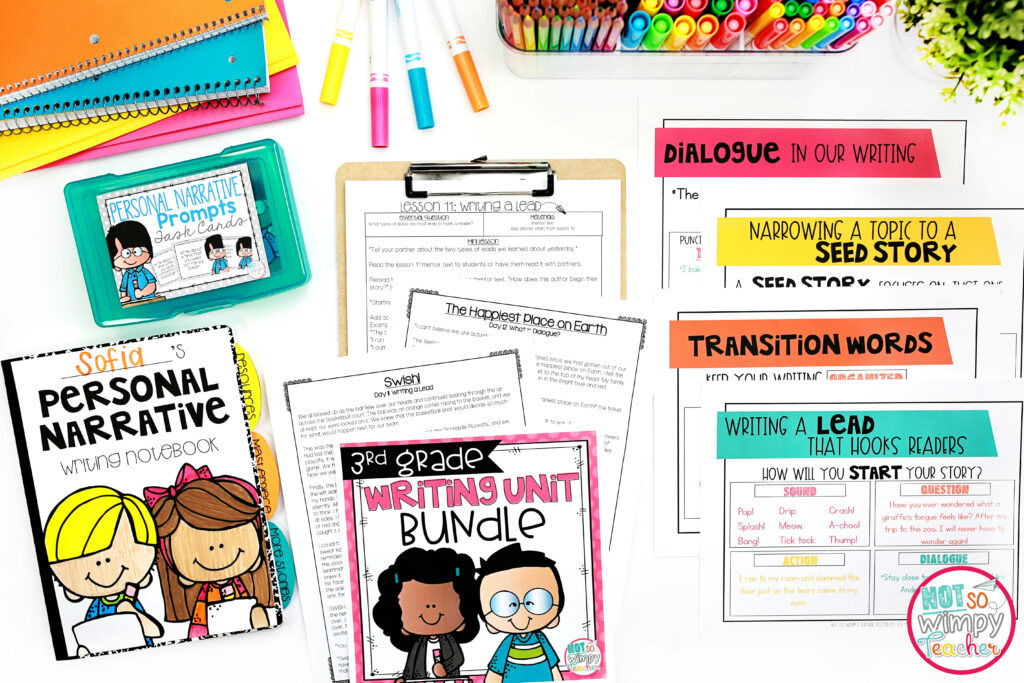
Ready to try these strategies in the classroom? My writing bundles make it easy to do so!
My yearlong writing bundles for grades 2-5 have EVERYTHING you need to make teaching writing easy and keep student behavior on track. They include a full year of writing lessons in four genres: personal narrative, informational report, opinion essay, and fiction. Each writing unit includes:
- Lesson plans
- Mini lessons
- Anchor charts
- Mentor texts (you don’t have to purchase any additional books or spend hours hunting in the library!)
- Task cards
- Writing tasks
- Conference forms
- Rubrics and more!
You’ll love how simple the lesson plans are to use. All you have to do is print and teach.
And these units make writing fun for your students. Engaging texts, simple writing tasks, and lots of opportunities to practice make writing easy and enjoyable. And when students enjoy writing, they are engaged in the task at hand, and you don’t have to worry about managing their behavior.
Doesn’t that sound great?!
Shop This Post
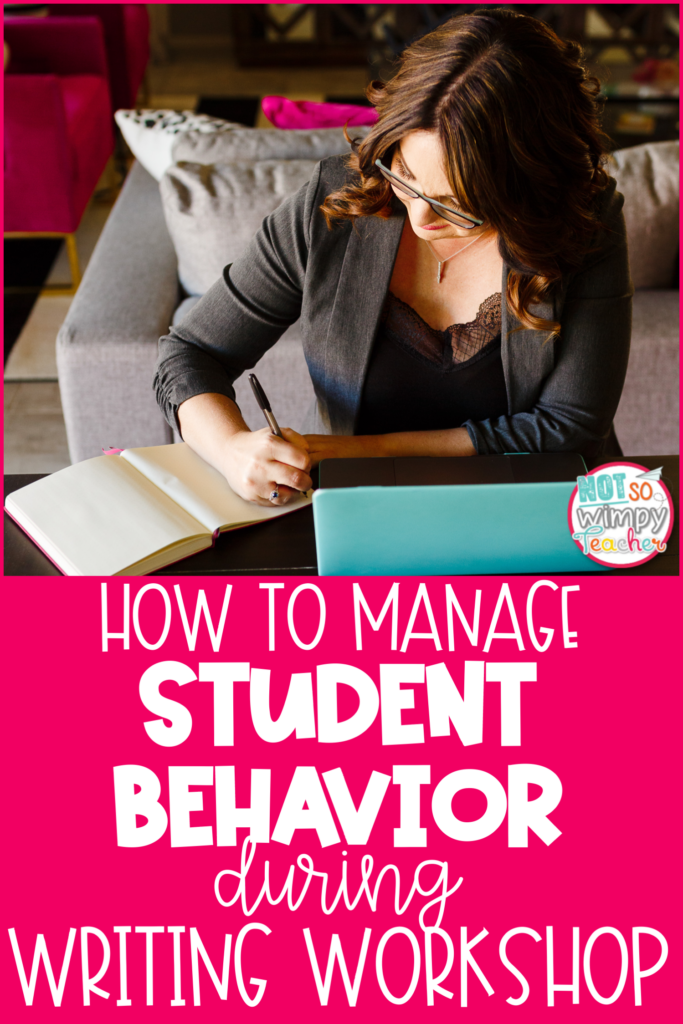
Have a Not So Wimpy Day,


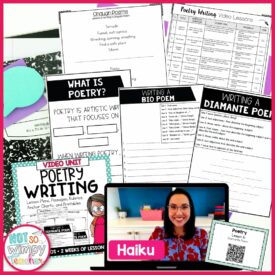


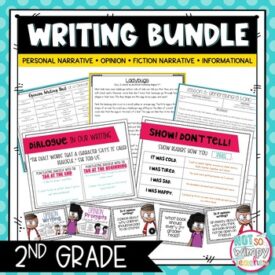
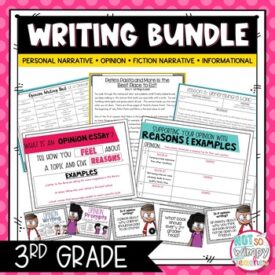
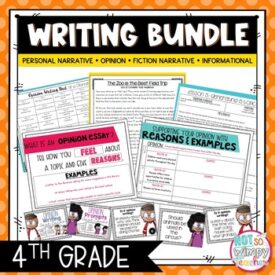
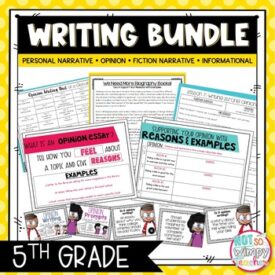
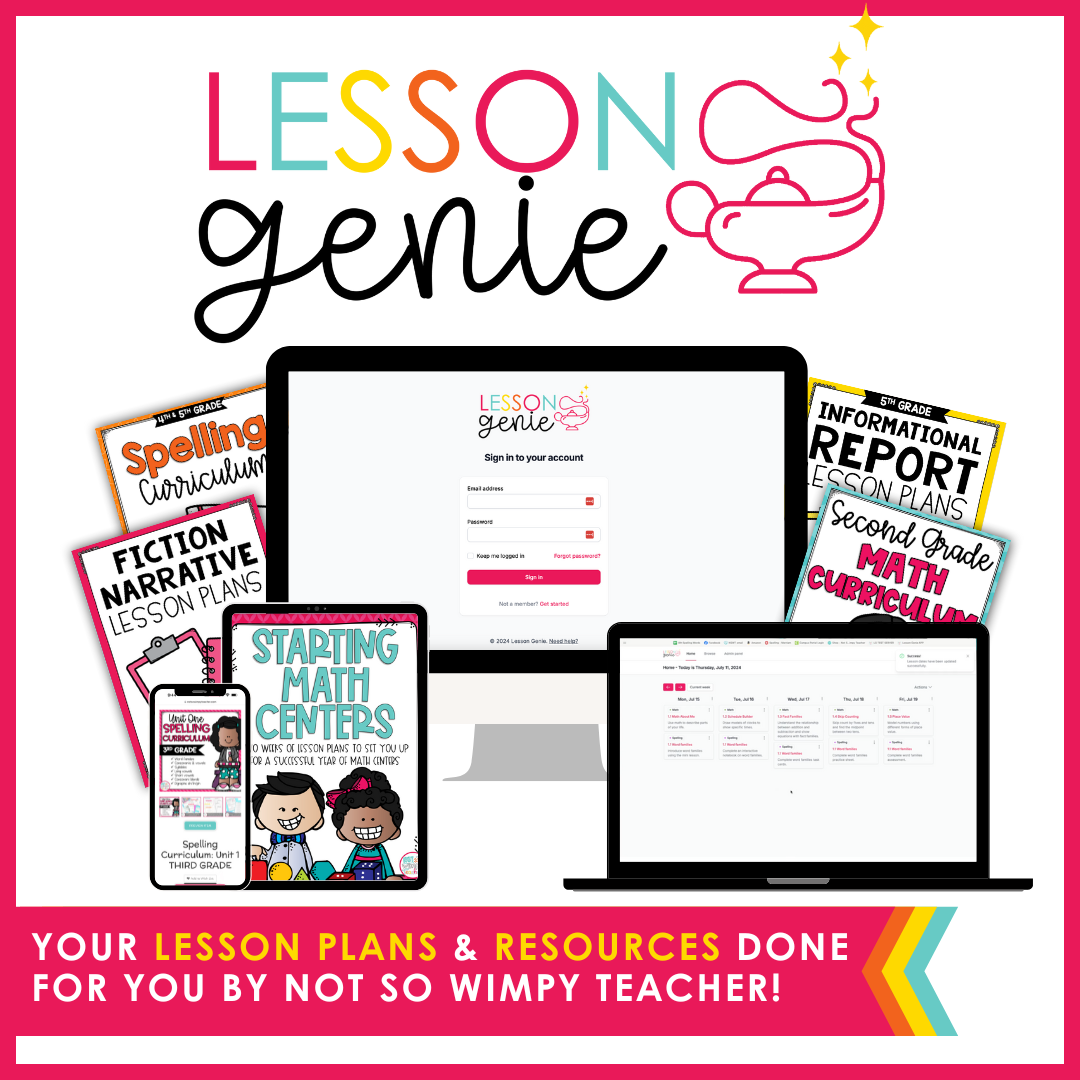
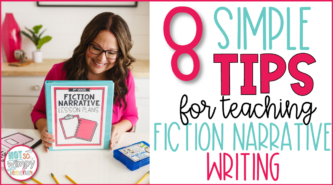
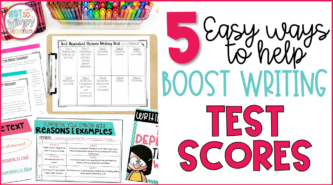
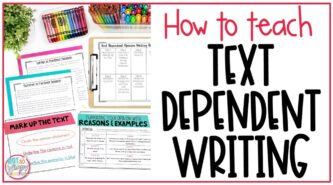
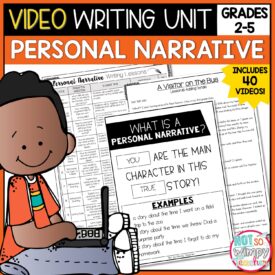
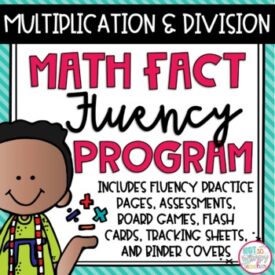
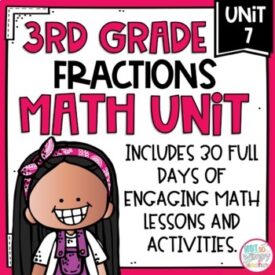
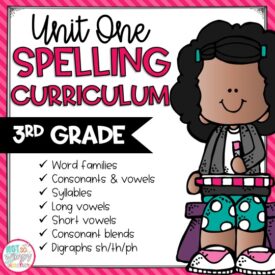
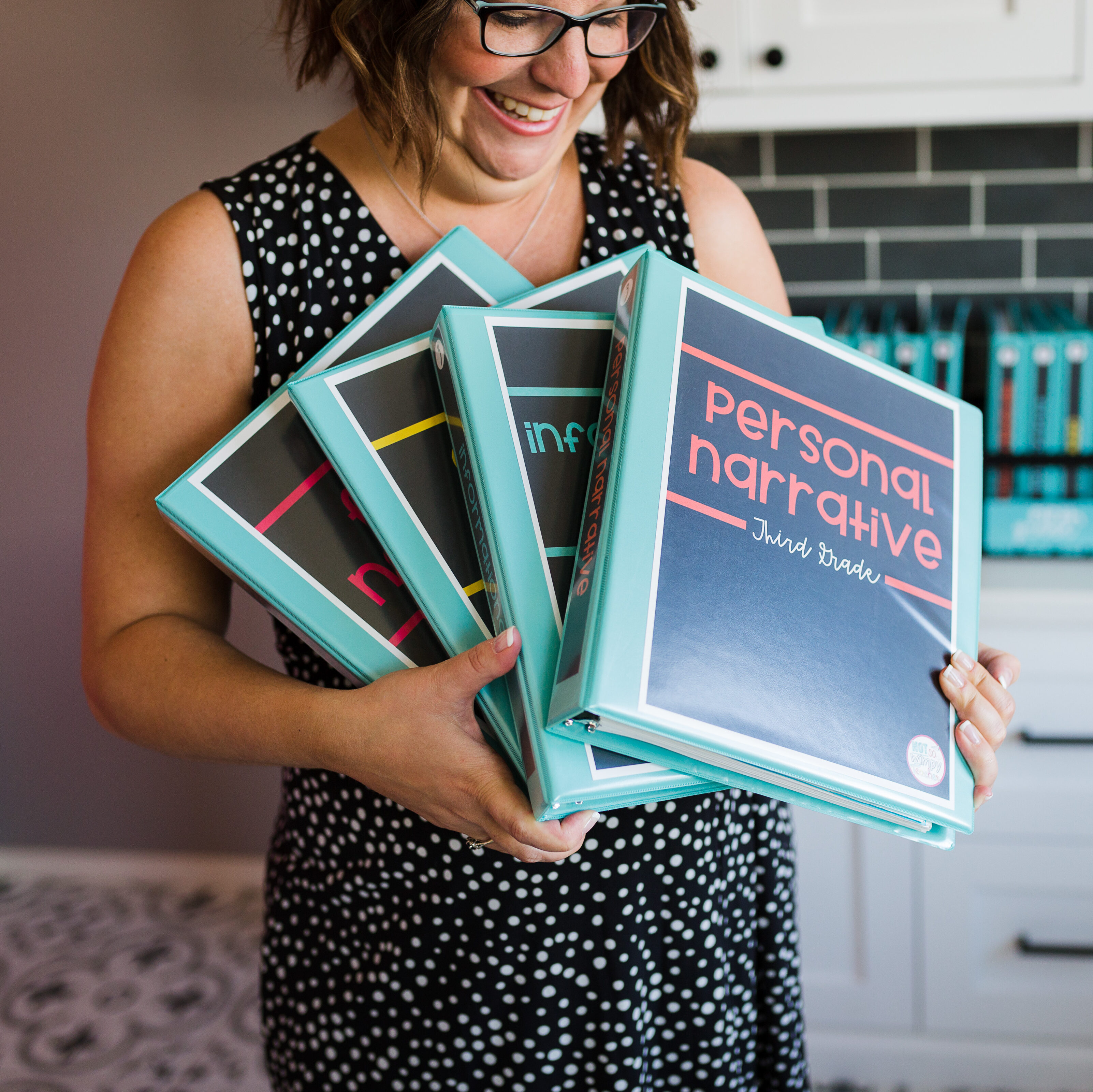

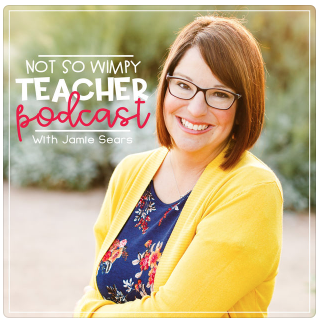




 End of Year Carnival Week for grades 2-5!
End of Year Carnival Week for grades 2-5!
Thank you so much for posting this! This really helped me in my writers workshop! A lot of my students are not excited when we get into writing time and it gets crazy. We just really started on “writers workshop” at my school and so this really helped me understand the layout of a writers workshop better.
Hi Montana,
I’m glad the article was helpful. Be sure to check out the other posts about writing workshop. If you are looking for some great PD on writing workshop, you’ll really enjoy the Writing Masterclass. http://www.notsowimpyteacher.com/yes